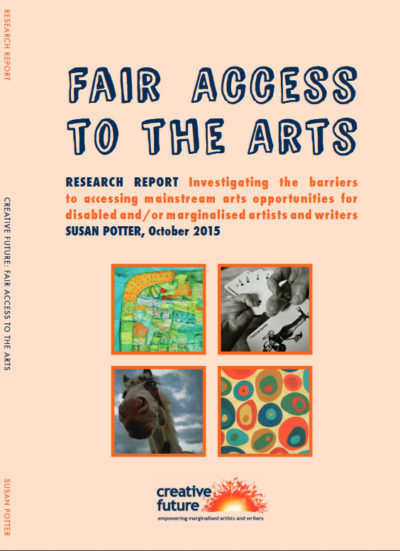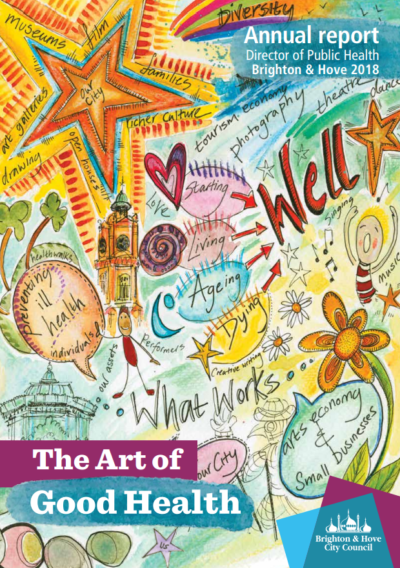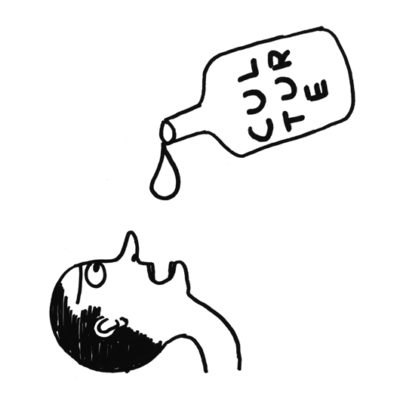In 2015 Creative Future researched the barriers that underrepresented artists face when accessing mainstream arts activities.
'Investigating the barriers to accessing mainstream arts opportunities for disabled and/or marginalised artists and writers' by Susan Potter gathers evidence from 500 artists, via 120 arts organisations, focus groups, case studies and stakeholder interviews. Partner organisations that contributed to the study included: Fabrica, Photoworks, The Towner Gallery, Pallant House Gallery, Project Art Works and New Writing South.
Findings include:
- Though 50% of respondents had been exhibited or published and 37% had volunteered for an arts organisation in the last 6 months, only 4% had secured employment with an arts organisation.
- Stated barriers to participation included ‘coming from a working class background’ & ‘other people’s attitudes & unwillingness to commit to disability inclusion’
- 29% of respondents said ‘admission costs are always an issue’
- 20% of respondents quoted ‘lack of confidence’ as a barrier
- Respondents wanted increased access to information, improved physical access, financial support, an acceptance of diversity and support with selling, exhibiting & publishing work.

Report recommendations include:
- Arts organisations to review programmes, offer longer-term programmes with increased engagement and professional development opportunities.
- The arts sector to expose audiences to greater diversity, pilot an ‘art pass’ for underrepresented groups and co-ordinate information and share good practice.
- The Arts Council to consult with DWP to review Work Capability Assessment, improve guidelines for DWP staff, review funding for organisations working with under-represented artists, and provide funding and development support for under-represented artists.
Other research we've contributed to:
In 2018 we contributed to the Brighton and Hove Annual Public Health Report.
Read the report here
In 2016, Creative Future contributed to the All Party Parliamentary Group for Arts, Health and Wellbeing research.
Read our report findings here


